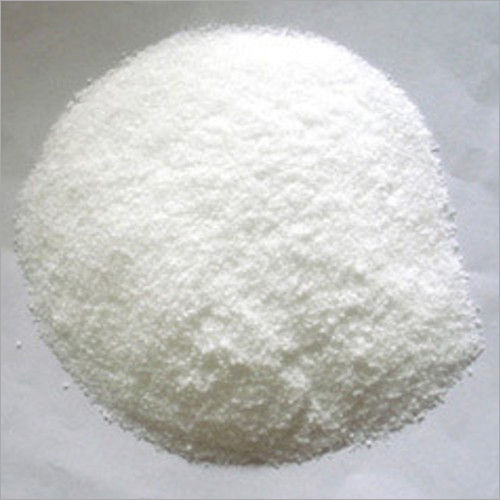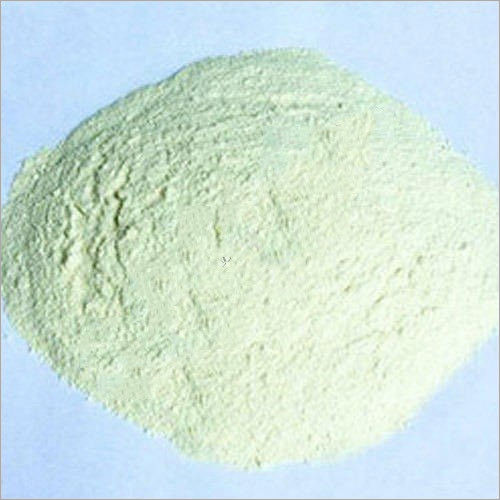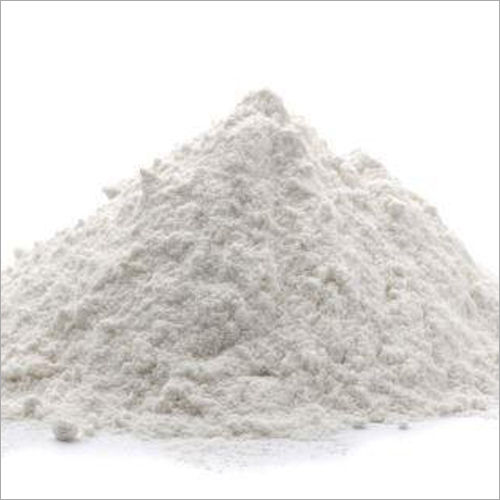Welcome to Our Company
Vancomycin HCL Powder
Product Details:
- Solubility In Water
- Molecular Formula C66H76Cl3N9O24
- Storage Room Temperature
- Type Pharmaceutical Intermediates
- Grade Medicine Grade
- Usage Industrial
- Purity(%) 97
- Click to View more
X
Vancomycin HCL Powder Price And Quantity
- 1 Kilograms
Vancomycin HCL Powder Product Specifications
- C66H76Cl3N9O24
- Medicine Grade
- Pharmaceutical Intermediates
- Room Temperature
- In Water
- Industrial
- 97
- Powder
- Crystalline Powder
Vancomycin HCL Powder Trade Information
- Telegraphic Transfer (T/T) Letter of Credit (L/C)
- Poly Bag
- All India
Product Description
Vancomycin HCl (Hydrochloride) is a type of antibiotic medication used to treat bacterial infections. It belongs to the glycopeptide class of antibiotics and is effective against a variety of gram-positive bacteria, particularly those that are resistant to other antibiotics like penicillin.
Vancomycin is usually administered intravenously (IV) for serious infections, and it may also be given orally for certain gastrointestinal infections. The drug works by inhibiting the synthesis of bacterial cell walls, leading to the death of susceptible bacteria.
It's essential to note that Vancomycin is a potent antibiotic and is typically reserved for treating severe infections, such as those caused by Methicillin-Resistant Staphylococcus Aureus (MRSA) or other multidrug-resistant organisms. It is not commonly used for minor infections due to the potential for developing antibiotic resistance and other adverse effects.
Vancomycin should only be used under the guidance and prescription of a qualified healthcare professional. The appropriate dosage, administration route, and duration of treatment depend on the specific infection and the patient's medical condition.
If you have been prescribed Vancomycin in the form of a powder, it is likely intended for reconstitution to prepare an intravenous solution before administration. As with any medication, it's crucial to follow the instructions provided by your healthcare provider and to inform them of any allergies, medical conditions, or other medications you may be taking to ensure safe and effective use.
Applications of Vancomycin HCL Powder:
1. Treatment of Severe Bacterial Infections: Vancomycin is primarily used to treat serious bacterial infections caused by gram-positive bacteria, especially when the bacteria are resistant to other antibiotics. This includes infections like Methicillin-Resistant Staphylococcus Aureus (MRSA) and other multidrug-resistant organisms.
2. Skin and Soft Tissue Infections: Vancomycin can be used to treat various skin and soft tissue infections, particularly those caused by antibiotic-resistant bacteria.
3. Bone and Joint Infections: Vancomycin is also effective in treating bone and joint infections caused by susceptible gram-positive bacteria.
4. Bacterial Endocarditis: Vancomycin can be a part of the treatment regimen for infective endocarditis, an infection of the heart valves, especially when caused by resistant bacteria.
5. Pneumonia: In certain cases of bacterial pneumonia caused by resistant organisms, Vancomycin may be prescribed as part of the treatment.
6. Sepsis and Septicemia: Vancomycin can be used in the treatment of severe bacterial infections that lead to bloodstream infections and septic shock.
7. Surgical Prophylaxis: In some cases, Vancomycin may be used as a prophylactic antibiotic to prevent infections in high-risk surgical procedures.
It's important to note that the use of Vancomycin should be carefully considered and reserved for cases where other antibiotics are not effective or when there is a high suspicion of bacterial resistance. Due to the emergence of antibiotic-resistant bacteria, it is crucial to use Vancomycin judiciously to prevent further development of resistance.
Vancomycin is usually administered intravenously, but in some cases, it may be used orally to treat specific gastrointestinal infections, such as Clostridium difficile-associated colitis.
As with any medication, the use of Vancomycin should be under the guidance and prescription of a qualified healthcare professional, who will determine the appropriate dosage, administration route, and duration of treatment based on the patient's condition and the specific bacterial infection being treated.
FAQ:
Q: What is Vancomycin HCl powder?
A: Vancomycin HCl powder is a form of the antibiotic medication Vancomycin, which is used to treat bacterial infections, especially those caused by gram-positive bacteria that are resistant to other antibiotics. It is in a powdered form and is typically reconstituted to prepare an intravenous solution for administration.
Q: How does Vancomycin HCl work?
A: Vancomycin works by inhibiting the synthesis of bacterial cell walls in susceptible gram-positive bacteria. By interfering with cell wall formation, Vancomycin weakens the bacterial cell structure, ultimately leading to the death of the bacteria.
Q: What types of infections does Vancomycin HCl treat?
A: Vancomycin HCl is used to treat severe bacterial infections caused by gram-positive bacteria, including Methicillin-Resistant Staphylococcus Aureus (MRSA) and other multidrug-resistant organisms. It is commonly used for skin and soft tissue infections, bone and joint infections, bacterial endocarditis, pneumonia, sepsis, and surgical prophylaxis.
Q: How is Vancomycin HCl administered?
A: Vancomycin HCl is typically administered intravenously (IV) for serious infections. The powder is reconstituted with a sterile diluent to prepare a solution for intravenous infusion. In certain cases, Vancomycin may be given orally to treat specific gastrointestinal infections.
Q: What are the possible side effects of Vancomycin HCl?
A: Vancomycin can cause various side effects, including:
- Red man syndrome (flushing and itching of the upper body)
- Nausea and vomiting
- Kidney toxicity
- Blood disorders
- Hearing loss or ringing in the ears (ototoxicity)
- Allergic reactions
- Diarrhea and colitis (including Clostridium difficile-associated colitis)
Q: Is Vancomycin HCl safe for everyone?
A: Vancomycin should be used with caution and under the guidance of a healthcare professional. It may not be suitable for individuals with certain medical conditions or allergies. The dosage and administration should be carefully determined based on the patient's age, weight, kidney function, and the specific infection being treated.
Q: Can Vancomycin HCl be used during pregnancy or breastfeeding?
A: The use of Vancomycin during pregnancy or breastfeeding should be discussed with a healthcare professional. The potential risks and benefits need to be carefully evaluated before using the medication in these situations.
Q: Can Vancomycin HCl interact with other medications?
A: Vancomycin may interact with other medications, including certain antibiotics and drugs that affect kidney function. It's important to inform your healthcare provider about all the medications, supplements, and herbal products you are taking to avoid potential interactions.
Q: How should Vancomycin HCl be stored?
A: Vancomycin HCl powder should be stored at room temperature, away from moisture and direct sunlight. It should be kept out of reach of children and should not be used after the expiration date mentioned on the packaging.
Q: Is Vancomycin HCl available over-the-counter?
A: No, Vancomycin HCl is a prescription medication and is not available over-the-counter. It can only be obtained with a valid prescription from a licensed healthcare provider.
Tell us about your requirement

Price:
Quantity
Select Unit
- 50
- 100
- 200
- 250
- 500
- 1000+
Additional detail
Mobile number
Email









